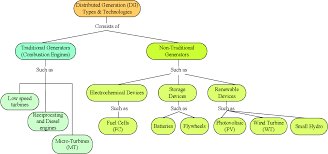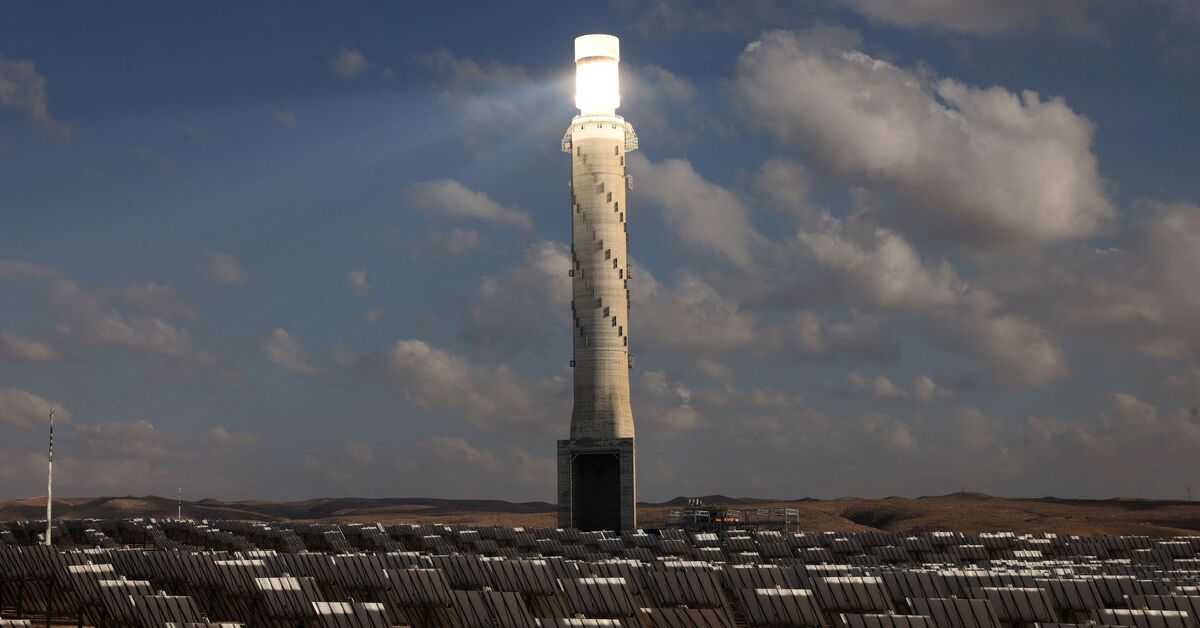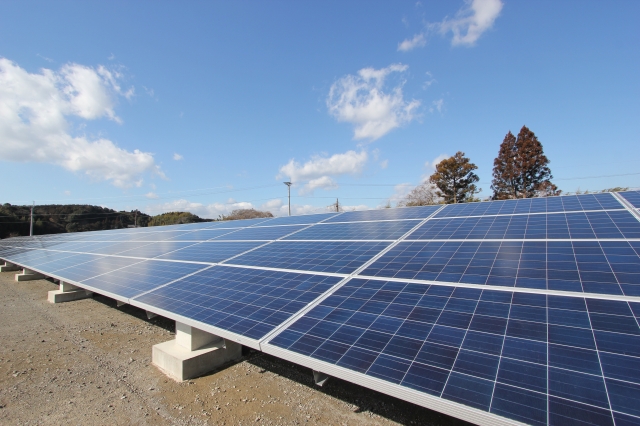
You might be curious about how solar panels can withstand wet weather. Solar panels are made from silicon cells that react to photons. This energy can then be converted into electricity.
Although solar panels are water-resistant, you should take extra precautions to ensure that your panels remain in perfect condition. It is recommended that you clean your panels at the least three to five times per year. It is vital to clean your panels on a regular basis, especially if the area is covered in dust or dirt.
Your solar panels could be stained by oil spillages or chemical substances. Oil stains may occur on your panels if you live near an industry area or close to a garage. You should not use strong detergents to clean the glass or damage the panel.

Another option to protect your panels from the elements is to purchase a waterproof design. A waterproof panel will have a polymer layer on the back that protects your wiring from weather stress. A waterproof front glass sheet protects against rain and snow, which can affect the output of your solar panel's power.
It is a smart idea to get a waterproof design if you plan to use your portable solar panel. Portable solar panels are generally easier to install and carry than fixed solar panels, and can be used for a variety of outdoor activities. Some manufacturers don't make portable solar panels with a waterproof design. You might want to bring your portable solar panel inside in the event of rain or snow.
Use a soft towel and a squeezegee when cleaning your solar panels in rainy weather. This will give you better results and minimize the risk of damaging your solar panels. It's a good idea also to use a spray nozzle to rinse the solar panels with plenty water. You may scratch your panels if you use a hard sponge, broom or other rough tools to clean them.
It is important to use only environmentally-friendly soaps for cleaning solar panels. This is because chemicals can corrode solar panels.

Your panels can also be cleaned with a small amount detergent from a dishwasher. You can also use strong detergent if you don't have a dishwasher. However, be cautious. Overuse of detergent can leave streaks and sudsy water marks on your glass.
Using a water-resistant design also saves you from the cost of replacing your solar panels. Portable solar panels are more affordable, but if you do not have a waterproof cover, your panels will become damaged in wet weather.
A solar hot water storage system might be an option. You could use the excess solar energy to heat your summer immersion heater. While this isn't a full-blown DHW solution it makes a great addition to your home heating system.